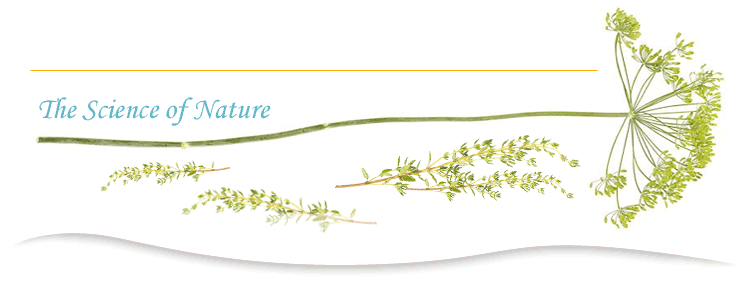

Social and emotional well-being
“Some people enter our lives and leave almost instantly. Others stay, and forge such an impression on our heart and soul, we are changed forever.”
- Author Unknown
A recent study published in Social Science and Medicine, “Social relationships and health: The relative roles of family functioning and social support”, concluded that “Analyses showed both direct and indirect significant paths from Social Support and Family Functioning (SRSs) to Health Behaviours (HBs). Family criticism was directly associated with depressive symptoms, and family emotional involvement was directly associated with both depressive symptoms and healthy cardiovascular behaviours. Results support the primacy of family functioning factors in understanding the associations among SRSs, mental health, and HBs”.
[Abstract]
Social relationships and friends
We are an undeniable and important part of the world in which we live. We cannot have a fulfilled life if we do not have the feeling of contributing positively to this world. Developing positive relationships not only with people who will bring positive energy to your life, but also with people to whom you will bring positive energy and joy, is one of the key elements of leading a fulfilled life.
Start by knowing yourself. “Know thyself”, as it is written over the entrance to the Temple of Delphi. Socrates added “Know thyself and you will know the universe and the gods”. Find out what you are good at. It is said that everyone has one talent and a unique way of expressing it. When you discover yours, you will also become able to share it passionately with others. This will be your contribution to the world.
We get back what we give in life. Giving and receiving constitute two polarities of the same action. The more you give the more you receive, as you allow the positive energies to circulate in the universe. Learn how to give, and learn how to accept and say thanks for what is given to you. Let the positive energies circulate through you and throughout the world, and let that principle be at the core of all your relationships.
It is important to invest time in your relationships and cultivate healthy relationships with people who will bring positive energy to your life and who will help you grow. These people include your spouse, your children, your parents, brothers and sisters, and your friends. Make an effort to strengthen those positive relationships that will benefit your long-term physical and emotional health. Conversely, you should probably consider detaching yourself from relationships that appear to be too toxic.
Tips
- Do a good deed for someone today.
- Give something to everyone who will cross your path today. It could be as simple as a positive thought that you could send to that person.
- Accept with thanks everything that you receive from someone else today.
- Listen to other people and pay attention to what they are actually saying, without judging.
- Help a friend or other people if they need your help.
Adopting a balanced lifestyle and fostering strong positive family and social relationships are naturally important throughout your entire life; there are, however, two periods in one’s life that are often particularly difficult and crucial: the teenage and middle-age years.
Here is a link to an interesting online service from the NHS (UK) that will help you assess your life style. It is especially developed for young people aged between 12 and 15 and for men and women over 40 years old: Life Check
Those are carefully selected readings and references that we hope you will enjoy reading. If, however, things appear too difficult, or if you think you may have signs or symptoms of depression or other physical or mental conditions, it is highly recommended that you consult your health care provider as medical advice must only be obtained from a qualified health practitioner.
Research has shown strong evidence that social relationships have a direct effect on health and longevity. Studies have shown an increased risk of developing diseases or even premature death among socially isolated people or people with very few or low-quality social relationships. Conversely, studies have also shown that being married actually increases your life span. Having a strong network of friends is also important.
Family
Your family is your closest social support network. It is with the family that we usually intercommunicate most intimately and share our joys and our grieves. And it is within our family that we normally find our strongest emotional support and sense of belonging.

Ideally, family should bring support, joy, and help develop one’s self-confidence. This is unfortunately not necessarily always the case. Family can also bring its own stresses and may at times become the center of criticism, manipulation, and other dysfunctional and toxic relations.